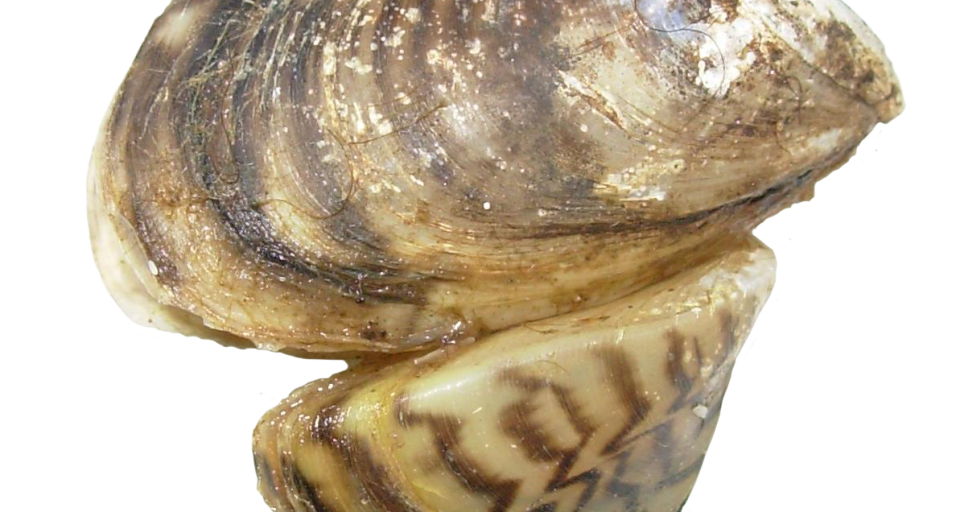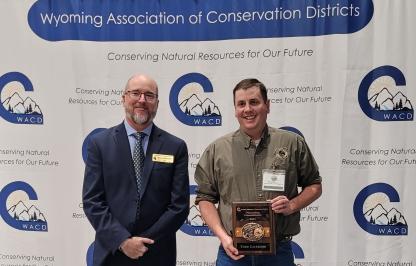No DNA evidence of invasive zebra mussels was found in recent municipal wastewater testing throughout Wyoming. The Wyoming Game and Fish Department tested water samples from Cheyenne, Laramie, Casper, Sheridan, Gillette and Rock Springs for a three-month period from the first week in March through June, following the discovery of zebra mussels in moss balls, a popular aquarium plant.
“These initial test results are promising,” said Brian Nesvik, director of Game and Fish. “We’re glad to get negative results but we know zebra mussels are hearty and their life cycle is long. Continued monitoring remains important before we confidently know that zebra mussels have not spread in Wyoming.”
Game and Fish collaborated with the Wyoming Department of Health to test water samples that were already collected for COVID-19 testing. The samples were tested at the Game and Fish Wildlife Forensic and Fish Health Lab in Laramie. The Game and Fish lab will continue to test water samples collected by the Department of Health for the foreseeable future.
Game and Fish has also begun testing natural waters throughout the state. This testing occurs annually to look for zebra and quagga mussels, along with other aquatic invasive species. The monitoring effort will continue through October, and has been expanded to additional waters.
Since March, Game and Fish and the Wyoming Department of Agriculture, with the support of other state agencies, have been responding to the discovery of zebra mussels on moss balls. The organizations are part of an emergency response team conveyed by Wyoming Gov. Gordon to protect Wyoming’s natural resources and infrastructure.
“Wyoming was one of the most proactive responders when zebra mussels were identified on moss balls, and it was an issue that impacted 48 states,” Nesvik said. “We led robust communication efforts, were the first state to issue a quarantine order for moss balls and put this monitoring into action. We’re grateful for the collaboration from all agencies who have helped respond quickly and who are invested in keeping zebra mussels out of Wyoming.”
Moss balls remain under a quarantine order, and people with moss balls and aquariums are still encouraged to avoid pouring water down their drains or flushing plants. Instead, aquarists should boil their aquarium water for 10 minutes before pouring outside away from natural water.
“Never pour your aquarium water into a pond, river or lake or let any pets loose into the wild,” said Josh Leonard, Game and Fish AIS coordinator. “It can have devastating impacts to Wyoming’s water.”
For more information on aquatic invasive species and the efforts to keep AIS out of Wyoming visit the Game and Fish website.
Wastewater testing indicates no evidence of zebra mussels in municipal systems
Sara DiRienzo, Public Information Officer - (sara.dirienzo@wyo.gov)



